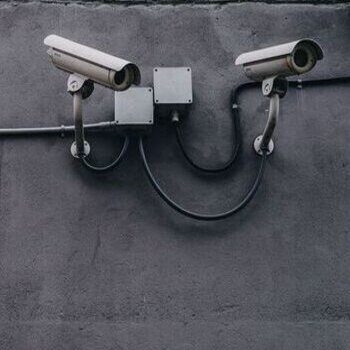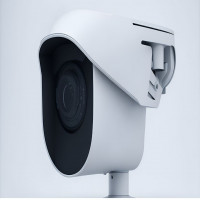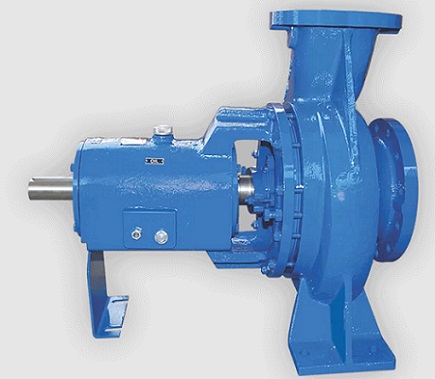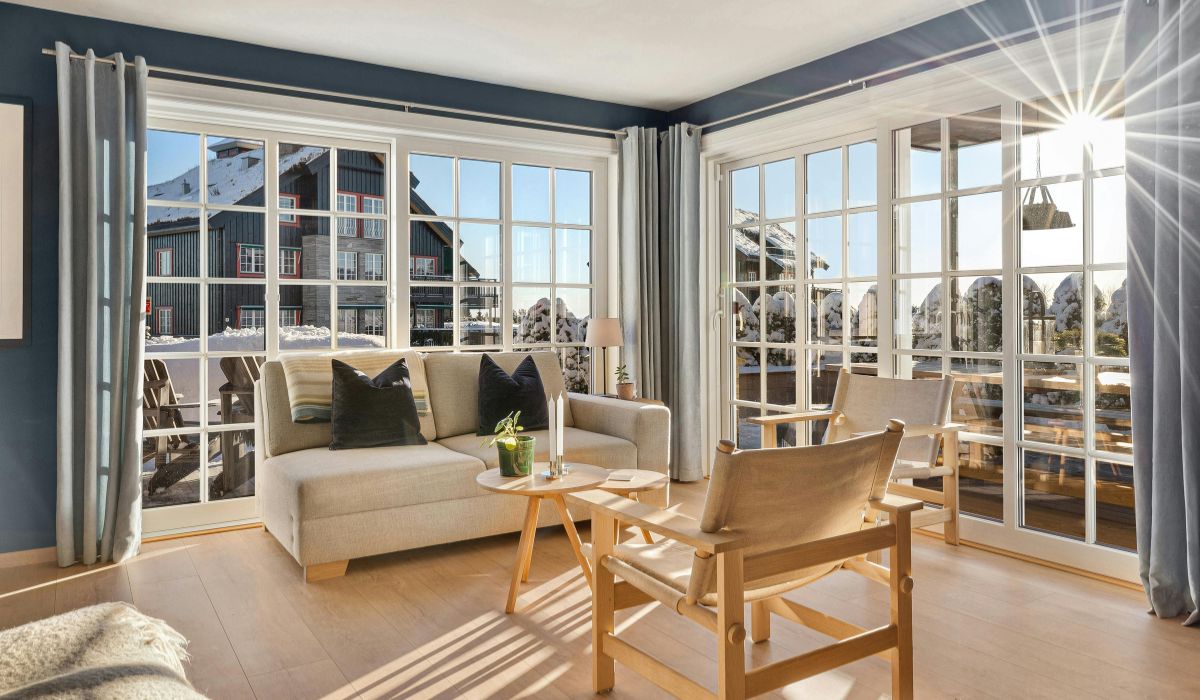Security Camera Buying Guide

Security Camera Buying Guide: Comprehensive Overview
One of the most effective solutions for securing your home or business is a security camera system. With a variety of options available on the market, selecting the right security camera can be overwhelming. This buying guide will walk you through the key factors to consider when purchasing a security camera, from types and features to installation tips.
Types of Security Cameras
Before you start shopping, it’s essential to know the different types of security cameras available:
Indoor Cameras
These cameras are designed for indoor use and typically have features like high-definition video and motion detection. They are great for monitoring living spaces or office interiors.
Outdoor Cameras
Built to withstand the elements, outdoor cameras are weather-resistant and can handle temperature fluctuations, rain, and dust. These cameras are ideal for monitoring your yard, driveway, or building entrances.
Wired vs. Wireless Cameras
Wired Cameras: These require cables for both power and data transmission, making them reliable for consistent video quality. However, installation can be more complicated.
Wireless Cameras: These cameras use Wi-Fi to transmit data and are easier to install. They rely on battery power or a nearby electrical outlet, making them more flexible but potentially less reliable in terms of connectivity.
PTZ Cameras (Pan-Tilt-Zoom)
These cameras offer the ability to pan, tilt, and zoom to cover a wider area. PTZ cameras are typically used for monitoring large areas, such as parking lots or warehouses.
Smart Cameras
Smart security cameras integrate with your home automation system, allowing you to control them via apps or voice assistants like Alexa and Google Assistant. These cameras may also offer advanced features like facial recognition or integration with other smart devices.
Key Features to Look For
When choosing a security camera, you want to ensure it offers features that will meet your security needs:
Resolution
The clarity of the video is critical. A higher resolution camera, such as 1080p or 4K, will provide sharper and more detailed footage, making it easier to identify faces, vehicles, and other important details.
Field of View (FOV)
A wide field of view allows the camera to cover more area with fewer cameras. Look for cameras with at least a 110° to 130° field of view for optimal coverage.
Night Vision
Most security cameras come with infrared (IR) night vision, but the range can vary. If you're monitoring an area at night, make sure the camera has sufficient IR range to capture clear footage in low light.
Motion Detection
This feature alerts you when movement is detected in the camera's field of view. Some cameras also have smart motion detection that can distinguish between people, animals, and vehicles to reduce false alarms.
Two-Way Audio
With two-way audio, you can listen and speak through the camera. This is useful for communicating with visitors, delivery personnel, or even intruders.
Cloud Storage vs. Local Storage
Some cameras offer cloud storage, where footage is uploaded to a secure server for remote access. Local storage (such as a microSD card) is more cost-effective but requires physical access to the camera to retrieve footage.
Installation Tips
When installing security cameras, consider the following:
Camera Placement
For outdoor cameras, make sure they are positioned to cover key entry points, such as doors, windows, and driveways. Indoor cameras should focus on hallways, living rooms, or offices.
Wi-Fi Range
Ensure that your wireless cameras have a strong Wi-Fi signal to avoid video lag or interruptions. If necessary, use a Wi-Fi extender to boost the signal in areas with weak connectivity.
Power Source
Decide if you want to go for battery-powered cameras or those that need to be plugged in. Battery-powered cameras offer flexibility but need periodic recharging.
Budget Considerations
While high-end security cameras offer advanced features, you can also find budget-friendly options that provide excellent basic surveillance. Here’s a rough breakdown of what to expect:
Budget Cameras: $30-$100 – Basic resolution, limited features, and sometimes no cloud storage.
Mid-Range Cameras: $100-$250 – Better resolution, cloud storage options, motion detection, and outdoor capability.
High-End Cameras: $250 and up – 4K resolution, PTZ, advanced AI features, and extensive storage.
Conclusion
Choosing the right security camera system depends on your specific needs, budget, and the type of property you're protecting. Whether you're looking for basic surveillance or an advanced security setup, there are options for every requirement.
Make sure to consider factors like camera type, resolution, and smart features to make an informed decision. Once you've chosen your camera, proper installation and regular maintenance will ensure your property stays safe and secure.
Note: IndiBlogHub features both user-submitted and editorial content. We do not verify third-party contributions. Read our Disclaimer and Privacy Policyfor details.







